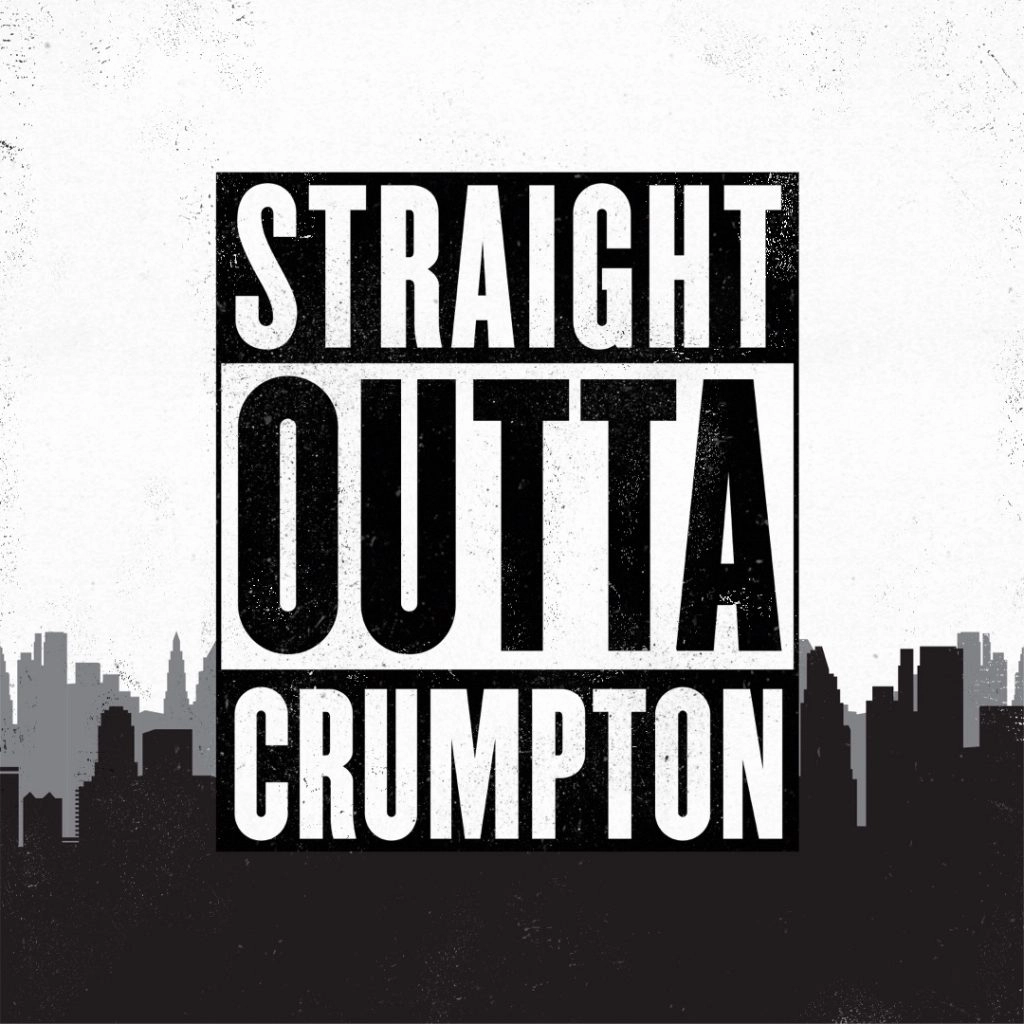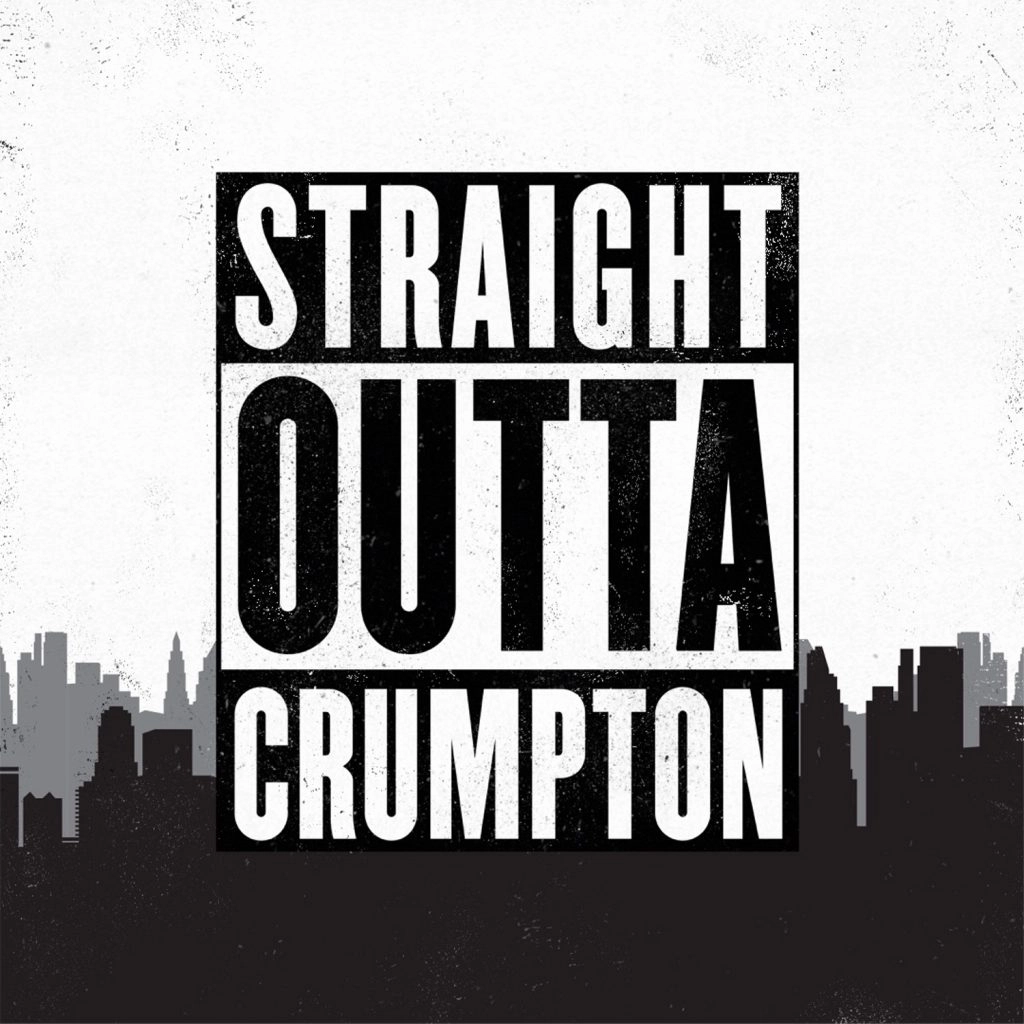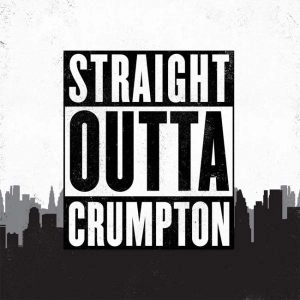What is Value Chain Optimization—and Why It Matters Now
In this episode, Aaron Berg breaks down how value chain optimization (VCO) extends beyond traditional supply chain models by integrating operational decisions with real financial impacts. He explains how VCO enables companies to rapidly simulate “what-if” scenarios—like onboarding new customers, shifting production, or adjusting sourcing contracts—while understanding profitability at every level. From strategic sourcing to sustainability and last-mile delivery, VCO empowers decision-makers to act faster, smarter, and with full visibility into both cost and outcome.




